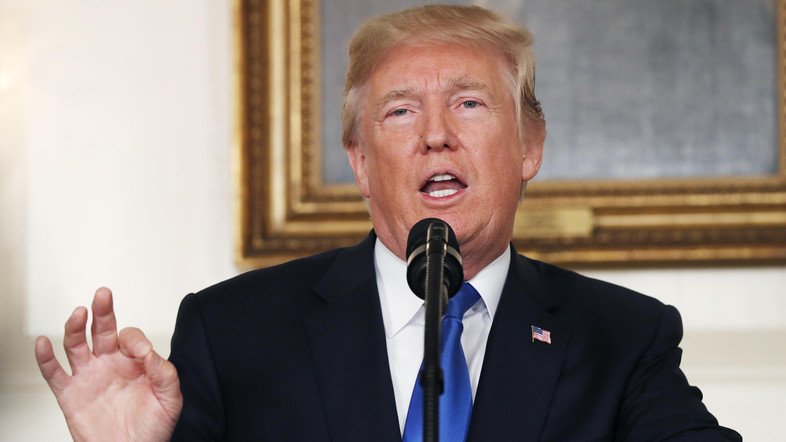London — Oil prices rose on Thursday after Russia threatened to halt oil and gas exports to some buyers, although weighing on the market were concerns that China’s extension of COVID-19 lockdown measures would slow global economic activity and hit fuel demand.

Brent crude futures were up 94 cents, or 1.1%, to $89.94 per barrel at 1410 GMT, after falling to $87.24 earlier, their lowest since Jan. 25. U.S. crude futures were up $1.36, or 1.7%, at $83.3 a barrel, after falling to $81.20, their lowest since Jan. 12.
Prices drew some support from Russian President Vladimir Putin’s threat on Wednesday to halt oil and gas exports if price caps are imposed by European buyers.
The European Union on Wednesday proposed capping Russian gas prices, raising the risk of rationing in some of the world’s richest countries this winter if Moscow carries out its threat. Russia’s Gazprom (GAZP.MM) has already halted flows from the Nord Stream 1 gas pipeline, cutting off a substantial percentage of supply to Europe.
Concerns about the health of the global economy and expectations of falling fuel demand led to sharp oil price falls in the previous session, which extended into early Thursday trading.
Saxo Bank analyst Ole Hansen said the decline was “driven by continued demand worries related to the risk of growth-killing rate hikes from central banks battling runaway inflation and China’s continued economic struggle caused by its COVID-zero policy”.
China’s Chengdu extended a lockdown for a majority of its more than 21 million residents on Thursday to prevent further transmission of COVID-19, while millions more in other parts of the country were told to shun travel during upcoming holidays.
Meanwhile, a number of central banks around the world are expected to begin a new round of interest rate hikes to fight inflation.
The European Central Bank raised its key interest rates by an unprecedented 75 basis points on Thursday and signaled further hikes, prioritising the fight against inflation even as the euro zone economy is heading for a likely winter recession.
Elsewhere, Britain will cap consumer energy bills for two years and funnel billions to prop up power companies, its new leader Liz Truss said on Thursday in a bid to tackle its energy crisis.
JP Morgan said OPEC+ may need to cut production by 1 million barrels per day (bpd) to “stem the downward momentum in prices and realign physical and paper markets which appear disconnected.”
The Organization of the Petroleum Exporting Countries and allies led by Russia, collectively known as OPEC+, agreed on Monday to cut their output by 100,000 bpd for October.
U.S. crude and distillate stocks rose, while gasoline inventories fell in the latest week, according to market sources citing American Petroleum Institute figures on Wednesday.
*Ahmad Ghaddar, Muyu Xu; Editing: Elaine Hardcastle & Mark Potter – Reuters
Follow us on twitter



